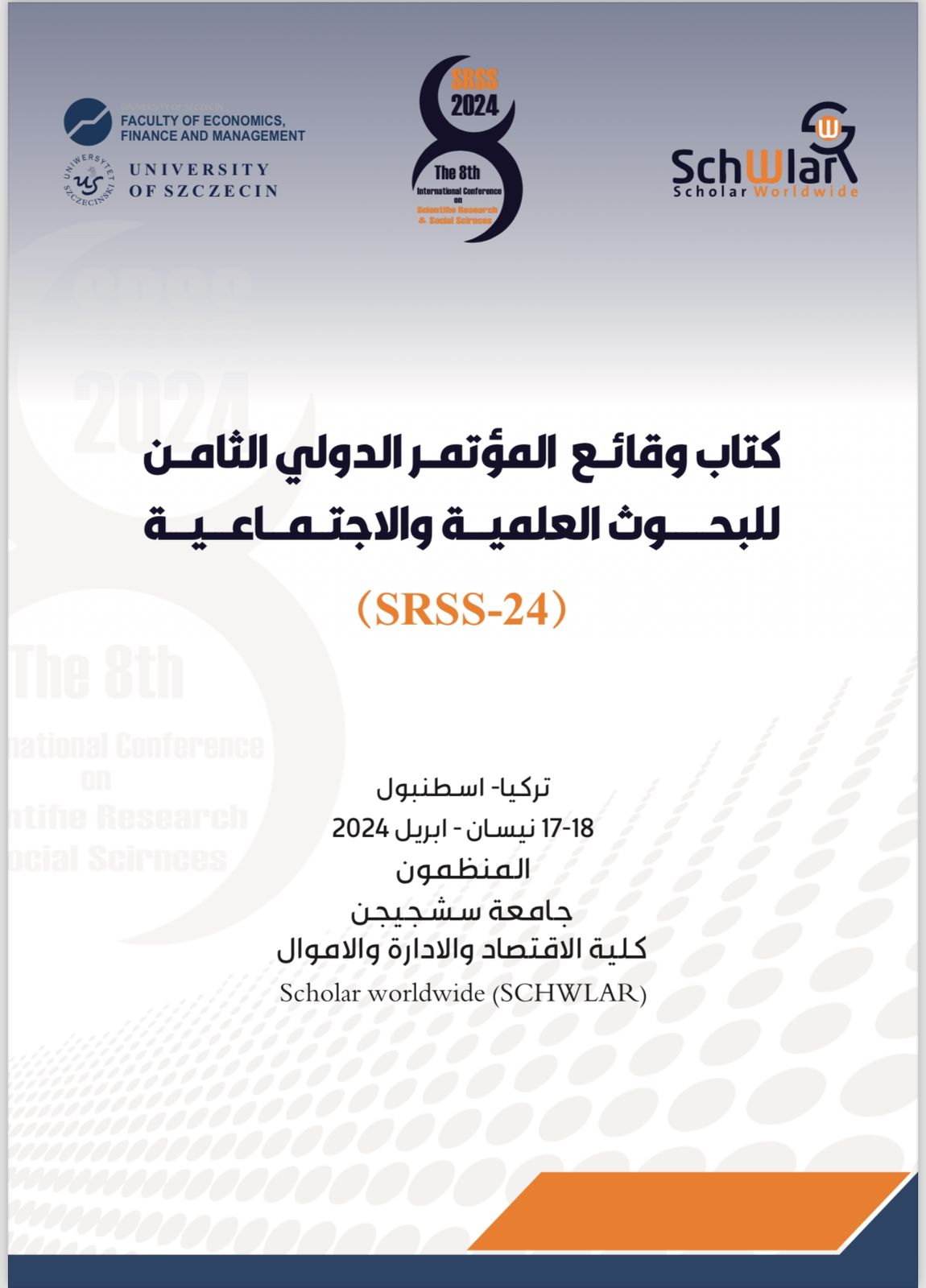The Principle of Good Faith in the Civil Law
Main Article Content
Abstract
The arbitrariness in the use of litigation procedures, as well as the arbitrariness of the opponent in the appeal, contradicts the principle of good faith. Therefore, it is the duty of the parties to the lawsuit to proceed in the adversary procedures in good faith, with all honesty and integrity, including the stages of appeal that the legislator has permitted to be presented before the competent courts of appeal. In order for the principle of good faith to produce its legal effect, its own terms, elements, and provisions must be provided, and it is not limited only to its moral meaning. A person’s good faith has a significant impact on his responsibility within the scope of procedural law, as it is considered one of the effects that result from the parties to the case carrying out procedural actions in good faith. Likewise, the person’s actions are in good faith, whether they are opponents, judges, or their assistants. They must not be linked to fraud, deception, or a serious error. It is the right of a person in good faith to demand compensation for the damage he sustained as a result of an act he carried out in bad faith.
Article Details

This work is licensed under a Creative Commons Attribution 4.0 International License.
